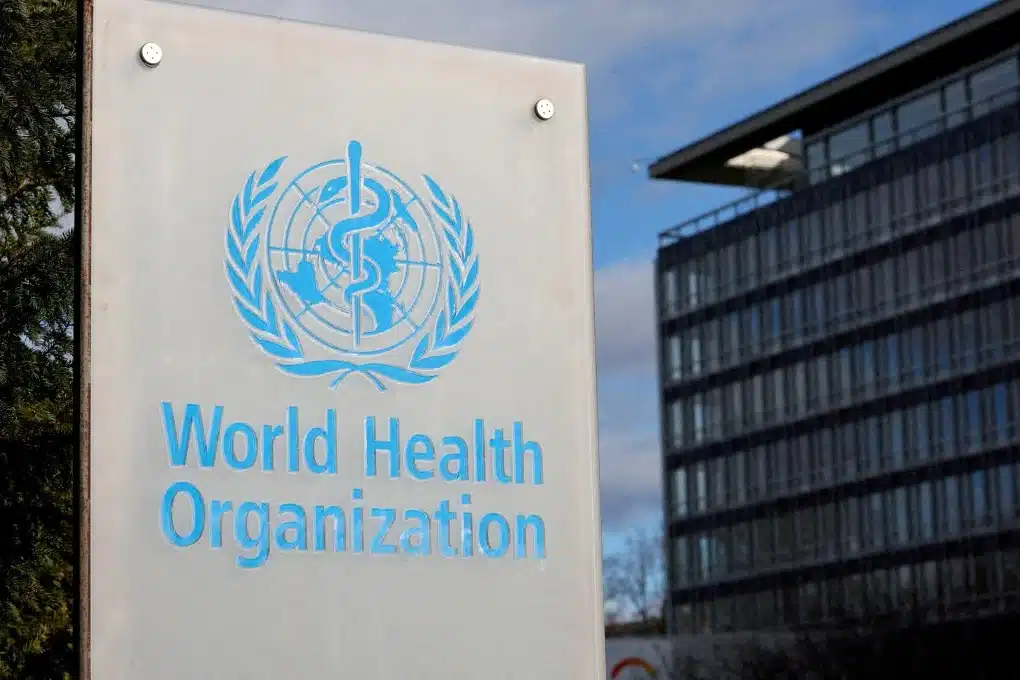WHO EMRO | Tobacco Control Efforts Protect Billions

The World Health Organization (WHO) has issued a stark warning regarding the ongoing global tobacco epidemic, emphasizing the urgent need for enhanced tobacco control measures. Released during the World Conference on Tobacco Control in Dublin, the WHO’s Global Tobacco Epidemic 2025 report highlights the challenges posed by increasing industry interference in tobacco policies. Despite significant progress in implementing tobacco control measures worldwide, the report indicates that gaps remain, with many countries still lacking effective policies to combat tobacco use, which claims over 7 million lives annually.
Progress in Tobacco Control Measures
Since the introduction of the WHO MPOWER framework, which includes six essential measures to reduce tobacco use, substantial advancements have been made. As of now, 155 countries have adopted at least one of these measures at the best-practice level. This has resulted in over 6.1 billion people—approximately three-quarters of the global population—being protected by at least one tobacco control policy, a significant increase from just 1 billion in 2007. Notably, four countries—Brazil, Mauritius, the Netherlands, and Türkiye—have successfully implemented the entire MPOWER package. Additionally, seven other nations are close to achieving full implementation, showcasing a global commitment to tobacco control.
However, the report also reveals concerning gaps. Forty countries still lack any MPOWER measures at best-practice levels, and more than 30 nations permit cigarette sales without mandatory health warnings. This inconsistency in policy enforcement highlights the ongoing challenges faced by governments in combating tobacco use effectively.
Achievements and Challenges in Health Warnings
One of the most significant achievements noted in the report is the increase in graphic health warnings on tobacco products. Currently, 110 countries require such warnings, a dramatic rise from just nine in 2007, now protecting 62% of the global population. Furthermore, 25 countries have adopted plain packaging for tobacco products, making it harder for consumers to overlook the dangers of tobacco use. Despite these advancements, the WHO cautions that enforcement remains inconsistent, particularly regarding smokeless tobacco packaging, which is still poorly regulated.
The report also highlights a troubling trend: 110 countries have not conducted anti-tobacco campaigns since 2022. Conversely, 36% of the global population now resides in countries that have implemented best-practice campaigns, a notable increase from 19% in 2022. The WHO urges nations to invest in effective, evidence-based anti-tobacco campaigns to further reduce tobacco use.
Taxation, Cessation Services, and Advertising Bans
The report underscores the need for improvements in taxation, cessation services, and advertising bans to enhance tobacco control efforts. Currently, 134 countries have not made cigarettes less affordable, with only three nations increasing taxes to the best-practice level since 2022. Access to cost-covered cessation services remains limited, with only one-third of the global population able to access these vital resources. Additionally, while best-practice advertising bans exist in 68 countries, they only cover over 25% of the global population.
The impact of second-hand smoke is also alarming, with approximately 1.3 million deaths attributed to it each year. Although 79 countries have established comprehensive smoke-free environments, covering one-third of the global population, more action is needed to protect individuals from the dangers of tobacco smoke.
Regulation of E-Cigarettes and Call for Action
The regulation of electronic nicotine delivery systems (ENDS), commonly known as e-cigarettes, has gained traction, with the number of countries regulating or banning these products increasing from 122 in 2022 to 133 in 2024. However, over 60 countries still lack any regulations regarding ENDS, indicating a significant area for improvement.
In light of these findings, the WHO is calling for urgent action to address the remaining gaps in tobacco control. Dr. Ruediger Krech, Director of Health Promotion at WHO, emphasized the need for governments to act decisively to strengthen enforcement and invest in proven tools that save lives. The WHO urges all countries to accelerate progress on the MPOWER measures and ensure that no one is left behind in the fight against tobacco.
Observer Voice is the one stop site for National, International news, Sports, Editor’s Choice, Art/culture contents, Quotes and much more. We also cover historical contents. Historical contents includes World History, Indian History, and what happened today. The website also covers Entertainment across the India and World.
Follow Us on Twitter, Instagram, Facebook, & LinkedIn

